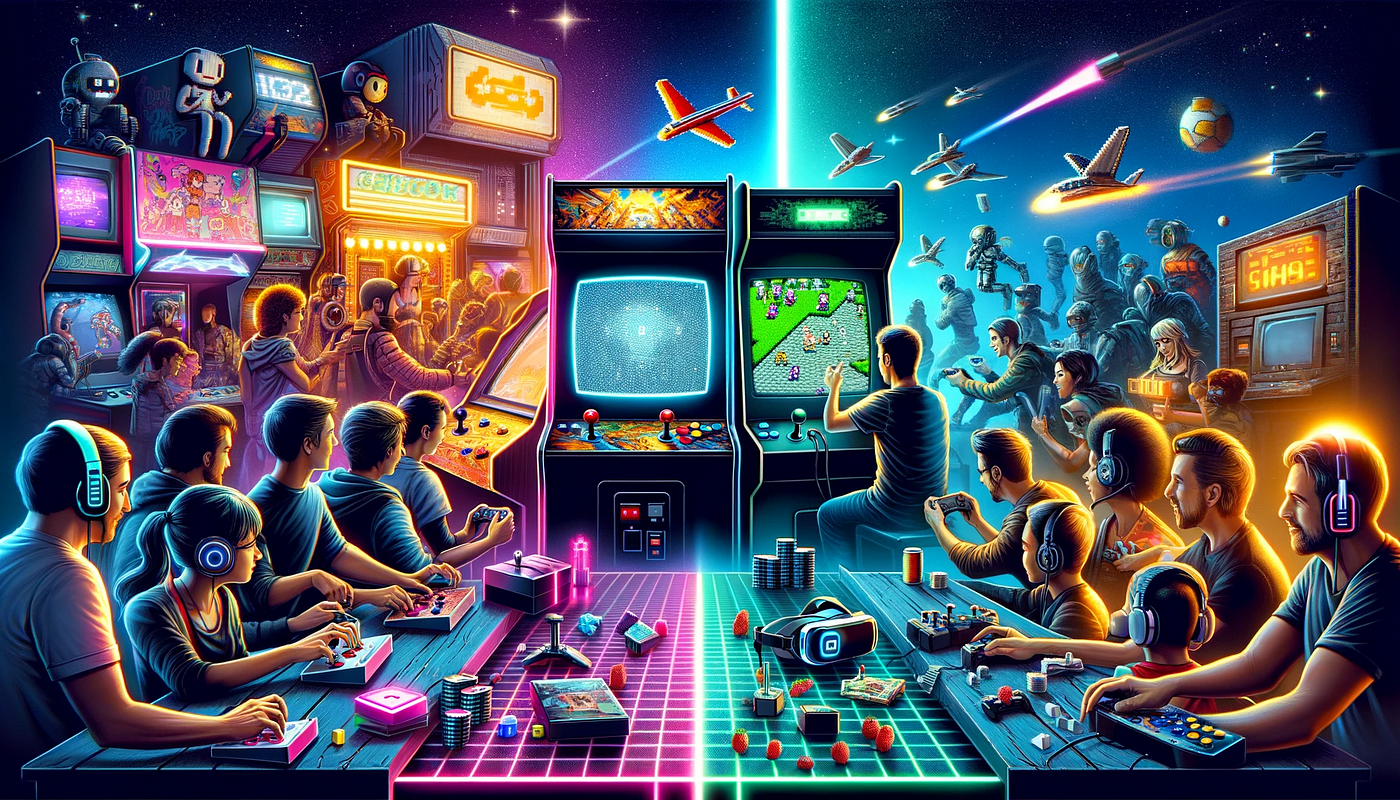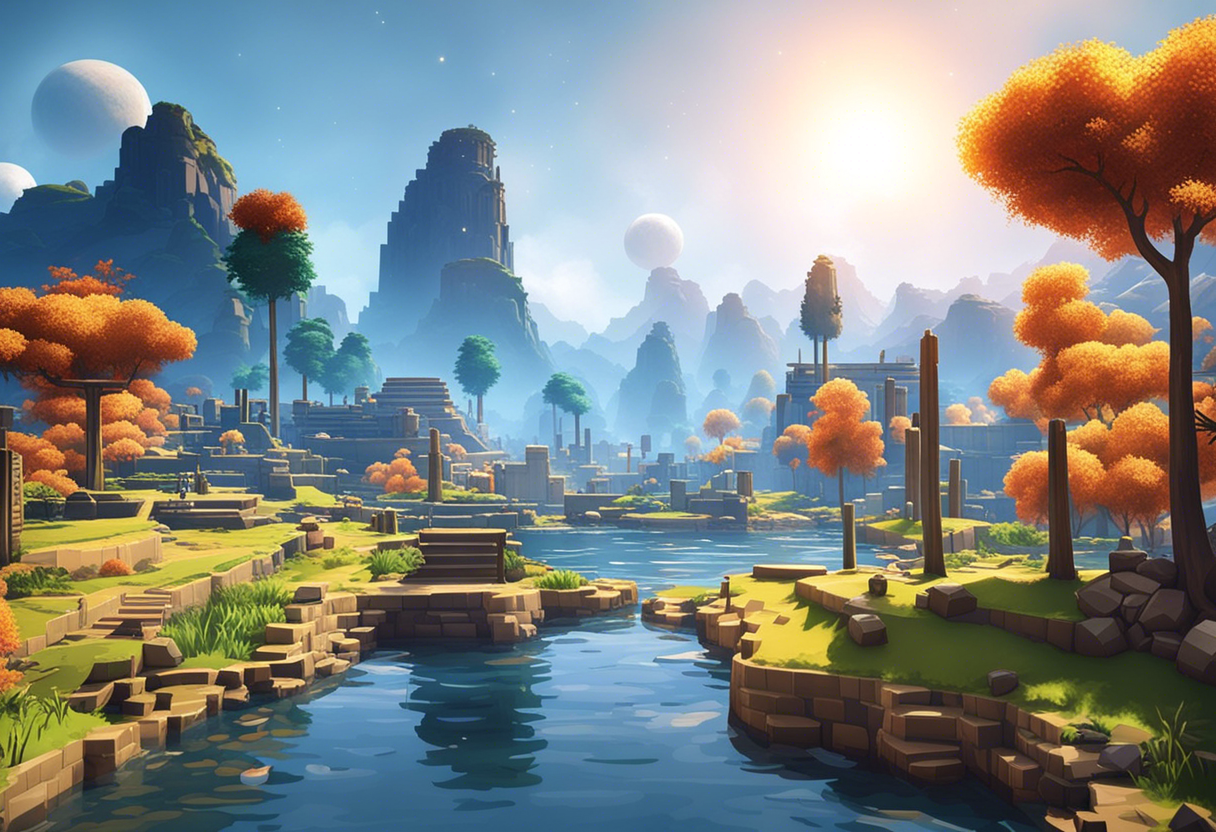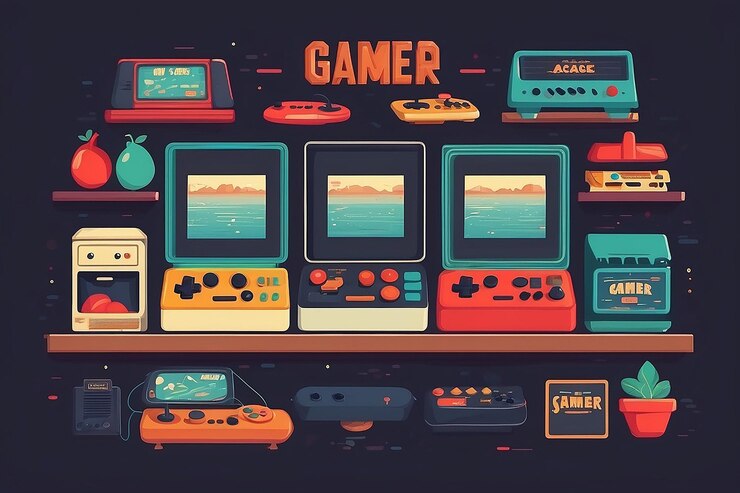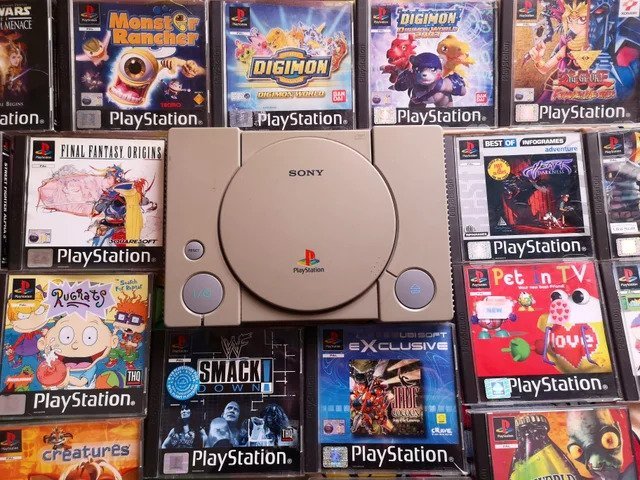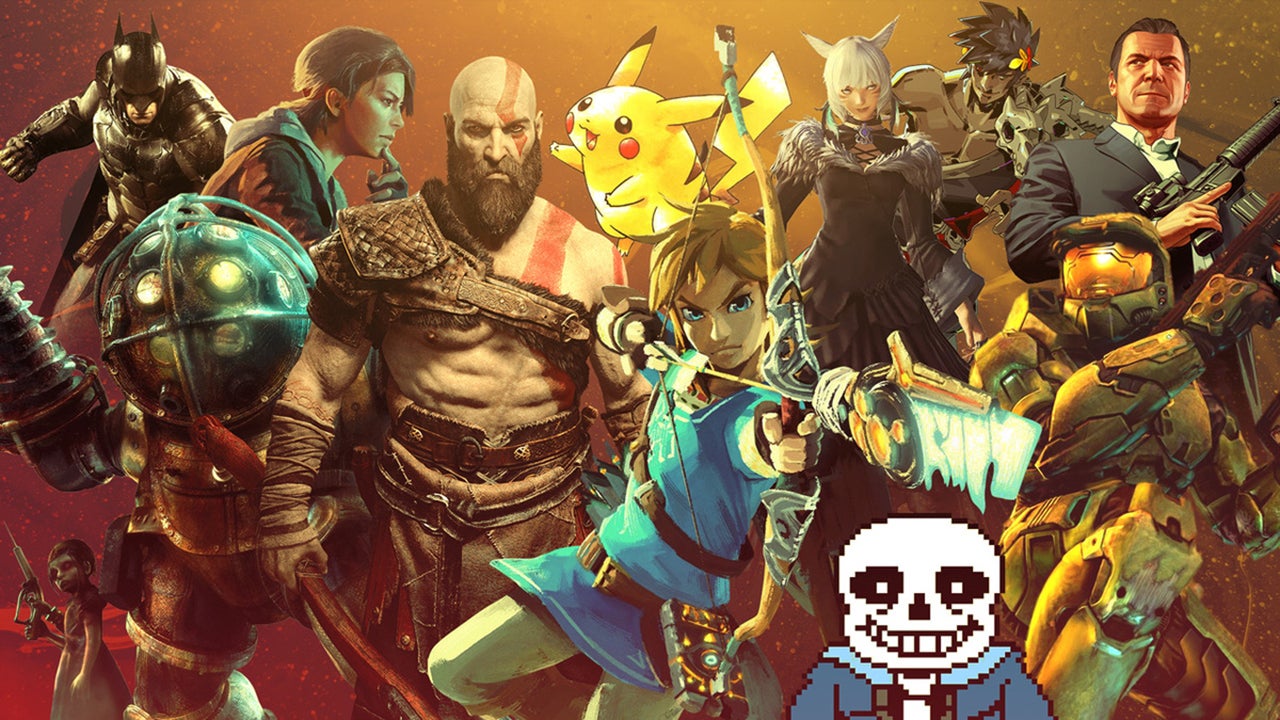In the annals of pop culture, few things have had as profound an impact as the classic video games of the '80s and '90s. These pixelated wonders not only defined a generation but also laid the groundwork for the multi-billion dollar industry we see today. This journey is not just about nostalgia; it's about understanding the roots of our digital entertainment landscape. From the iconic soundtracks to the unforgettable characters, each game has left an indelible mark on the tapestry of gaming history. This article is a deep dive into the 18 classic video games that shaped this era.
Pong - The Dawn of Arcade Games
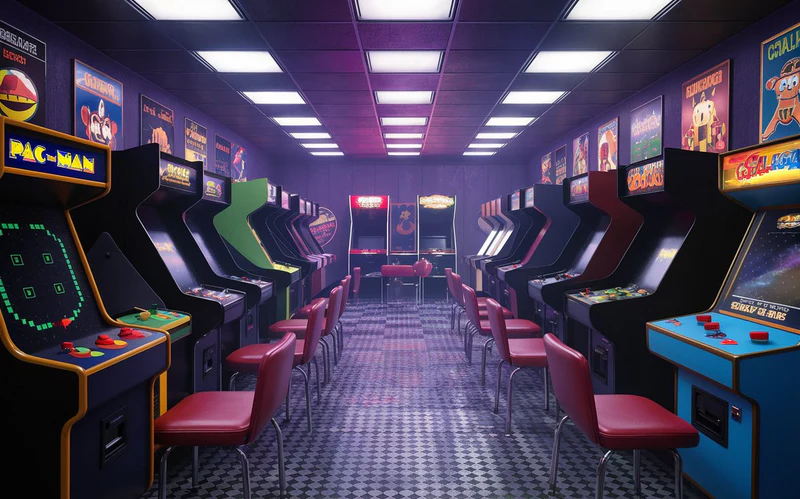
Pong, released by Atari in 1972, might be considered a precursor to the '80s, but its influence on the video game industry is undeniable. It was the first commercially successful video game and helped establish the fledgling arcade game industry. The simplicity of its gameplay - a virtual table tennis match - belied its cultural significance. Pong introduced the concept of competitive gaming, setting the stage for the multiplayer juggernauts of the future.
Space Invaders - The Birth of the Shooter Genre
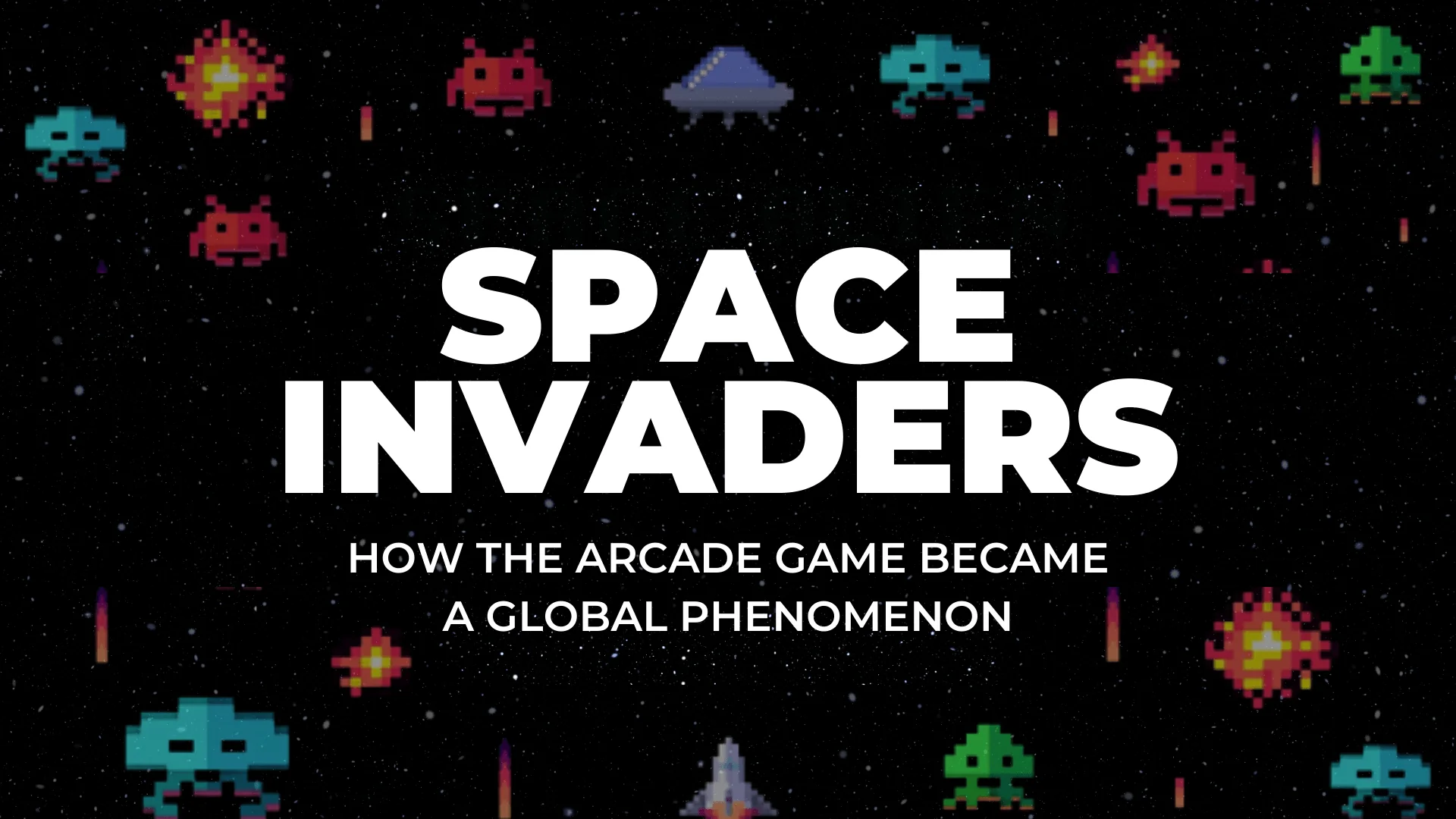
1978's Space Invaders was a game-changer, literally. It introduced the world to the shooter genre, where players had to fend off waves of alien invaders. The game's success led to a surge in arcade popularity, and its influence can still be seen in modern classics like Call of Duty and Halo.
Pac-Man - A Cultural Phenomenon
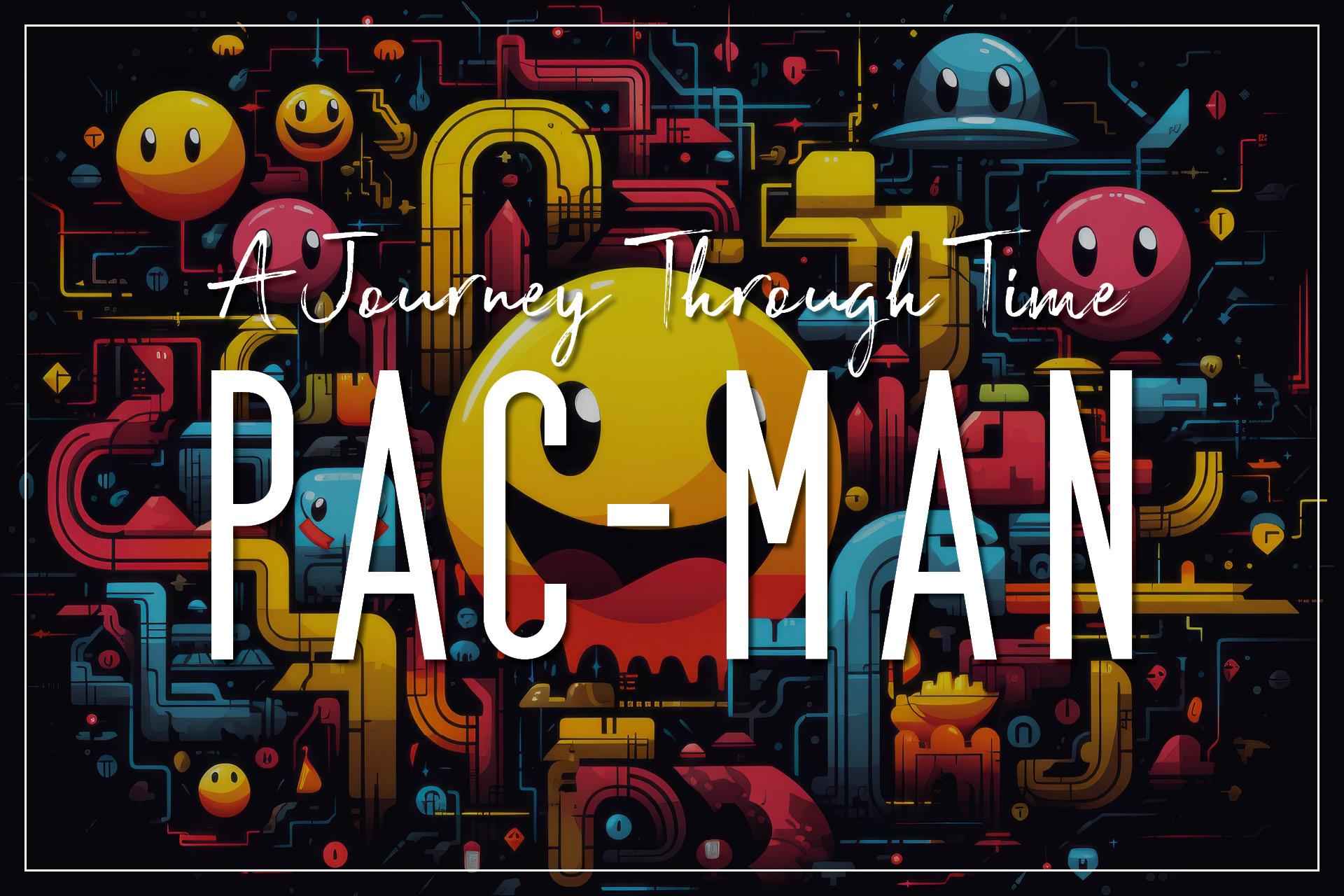
Pac-Man, released in 1980, was more than just a game; it was a cultural phenomenon. Its simple yet addictive gameplay, iconic characters, and merchandise made it a household name. Pac-Man was one of the first games to have a significant female player base, broadening the demographics of gaming.
Donkey Kong - The Rise of Narrative

1981's Donkey Kong was a landmark game for several reasons. It was the first game to introduce a narrative, a damsel-in-distress story that would become a common trope in video games. It also marked the debut of Mario, who would go on to become one of the most recognizable characters in gaming history.
Super Mario Bros. - Platforming Perfection
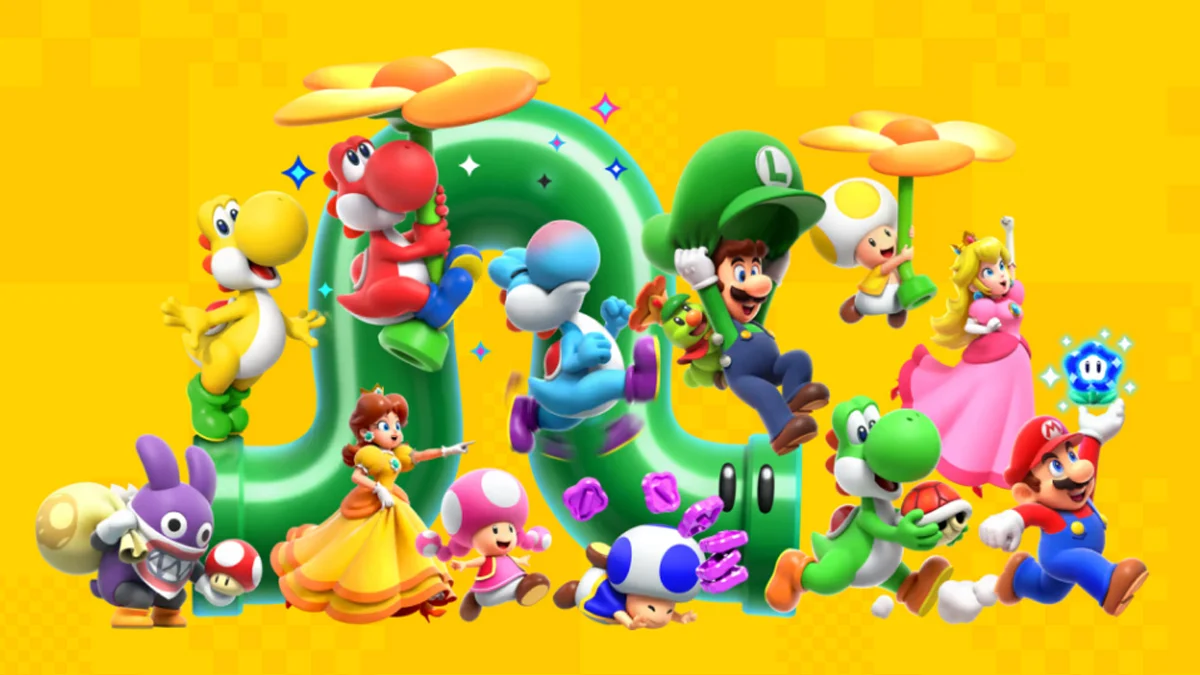
Super Mario Bros., released in 1985, took the world by storm with its innovative platforming gameplay and charming characters. It set the standard for platform games and is often credited with saving the home video game industry after the crash of 1983.
The Legend of Zelda - The Advent of Adventure Games
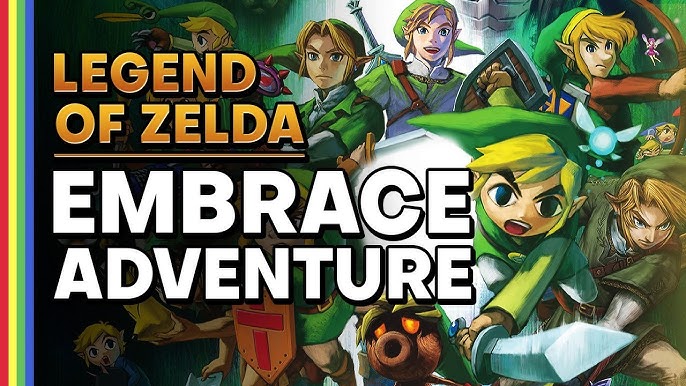
The Legend of Zelda, released in 1986, introduced the concept of open-world exploration and puzzle-solving. It was one of the first games to feature a battery-backed save system, allowing players to resume their adventures where they left off.
Tetris - The Puzzle Game Phenomenon
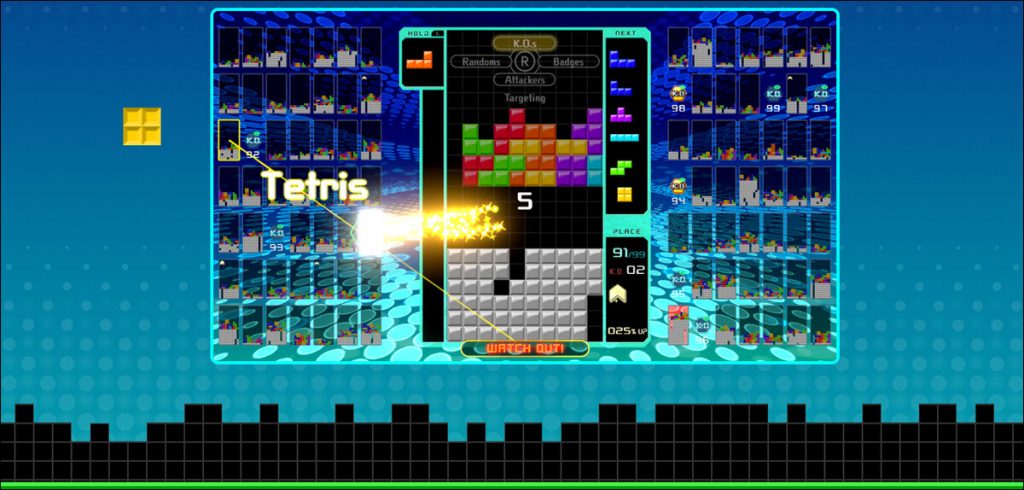
Tetris, released in 1984, was the first game from the Soviet Union to gain widespread popularity in the West. Its simple yet addictive gameplay made it a hit across all age groups, and it became a staple on the Game Boy portable console.
Street Fighter II - The Fighting Game Revolution
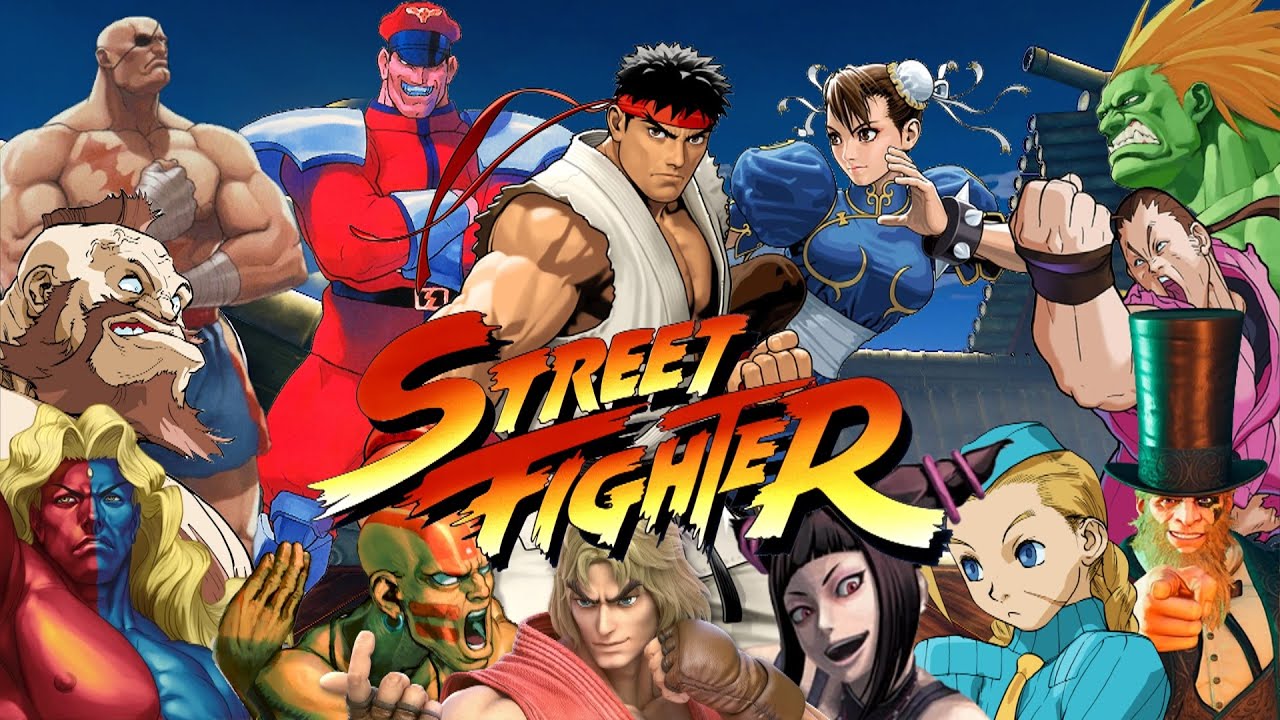
Street Fighter II, released in 1991, revolutionized the fighting game genre with its diverse cast of characters and intricate combo system. It popularized competitive multiplayer and became a staple in arcades worldwide.
Sonic the Hedgehog - Speed Redefined

Sonic the Hedgehog, released in 1991, was Sega's answer to Nintendo's Mario. With its emphasis on speed and momentum, it offered a fresh take on the platforming genre and became an instant classic.
Mortal Kombat - The Controversy and the ESRB
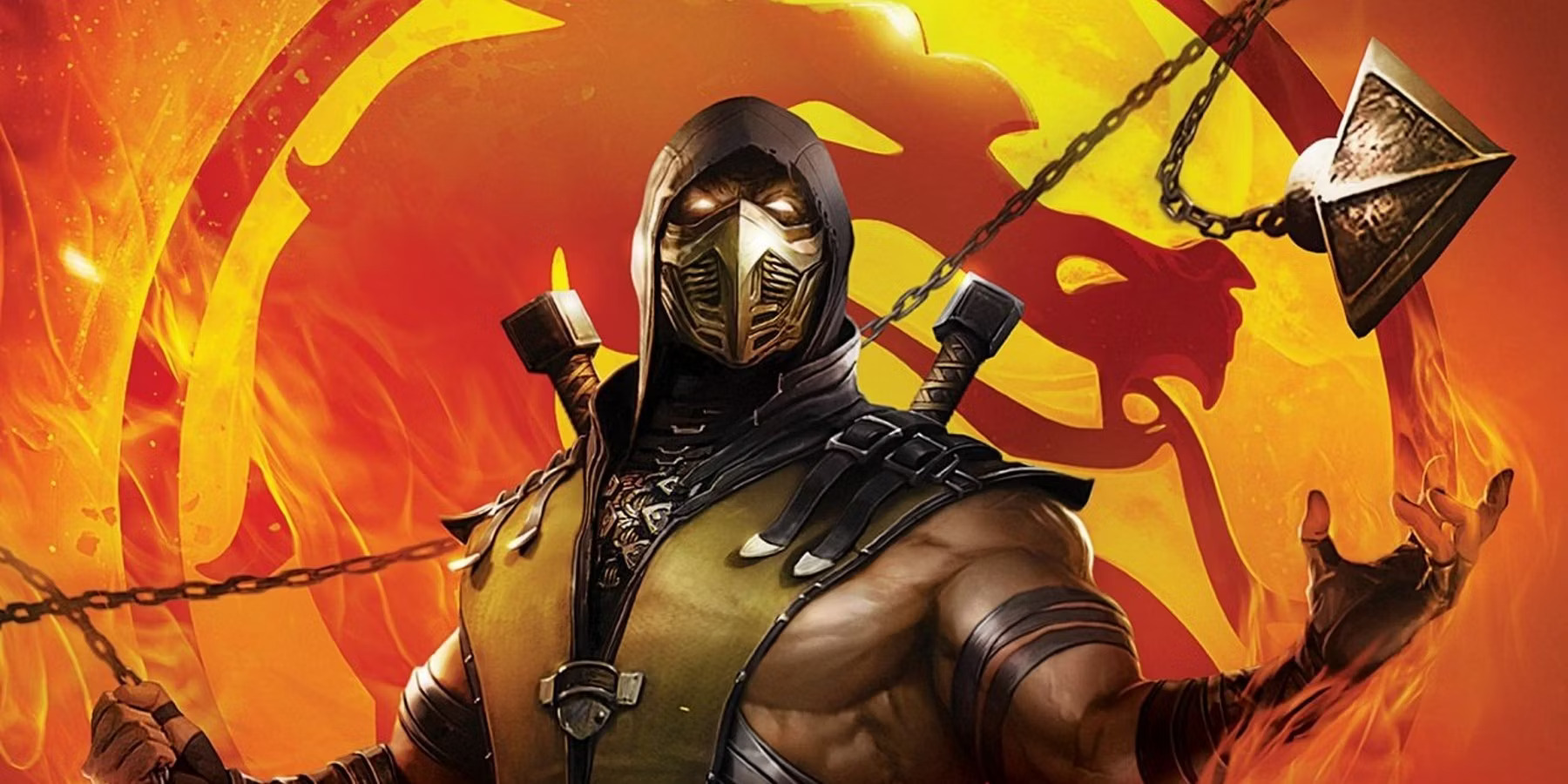
Mortal Kombat, released in 1992, was infamous for its graphic violence and sparked a debate about content in video games. This controversy led to the creation of the Entertainment Software Rating Board (ESRB), which still rates video games today.
Doom - The First-Person Shooter Pioneer
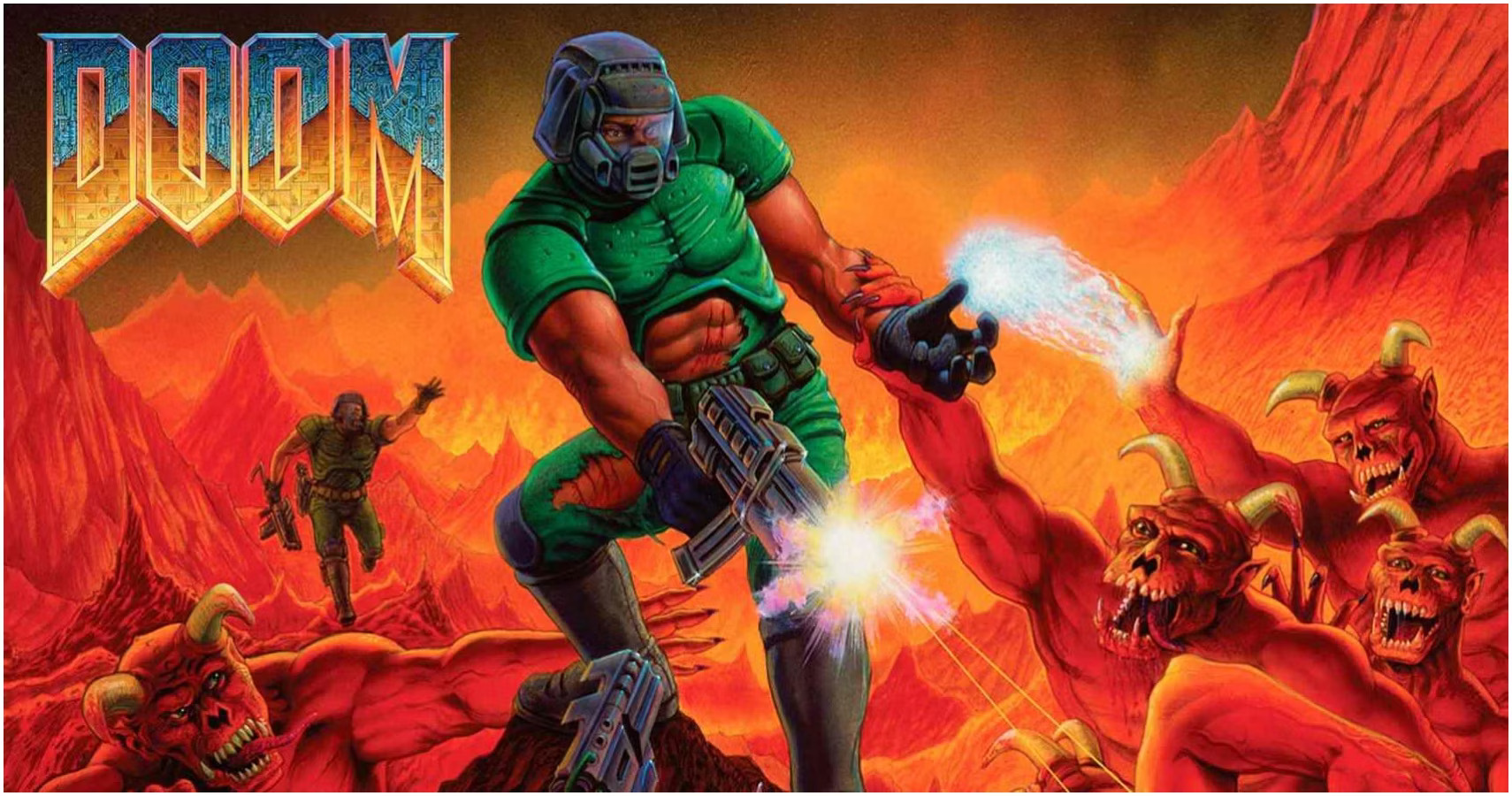
Doom, released in 1993, was a pioneer in the first-person shooter genre. Its fast-paced action, networked multiplayer, and modding capabilities made it a hit among gamers and set the standard for future shooters.
Pokémon Red and Blue - The Pocket Monster Phenomenon
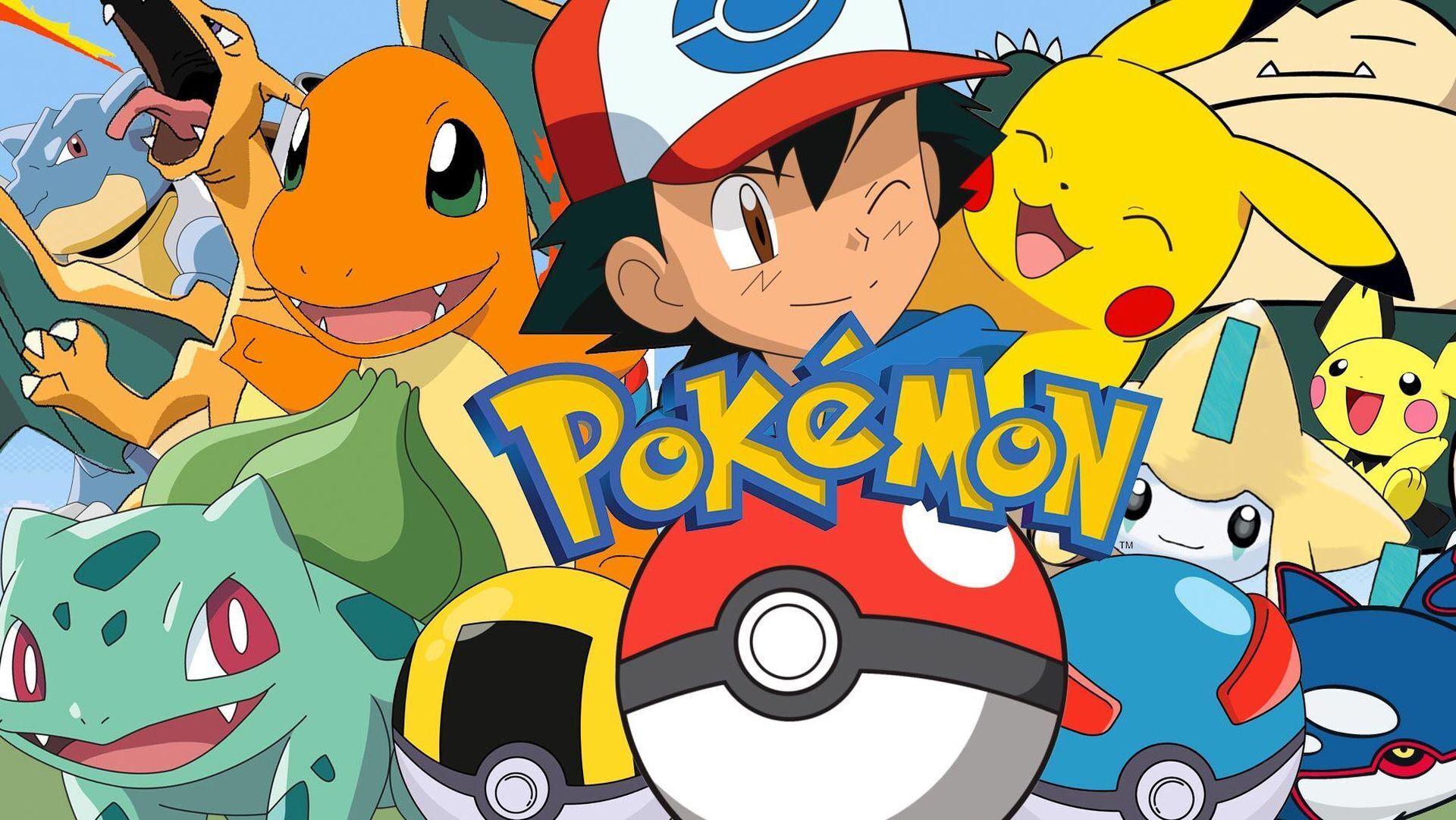
Pokémon Red and Blue, released in 1996, introduced the world to the concept of portable monster battling. Its "Gotta Catch 'Em All" philosophy and deep gameplay mechanics made it a hit among children and adults alike.
Final Fantasy VII - The JRPG Masterpiece

Final Fantasy VII, released in 1997, was a landmark game in the Japanese Role-Playing Game (JRPG) genre. Its epic story, memorable characters, and cinematic presentation set a new standard for video game storytelling.
The Sims - The Simulation Revolution
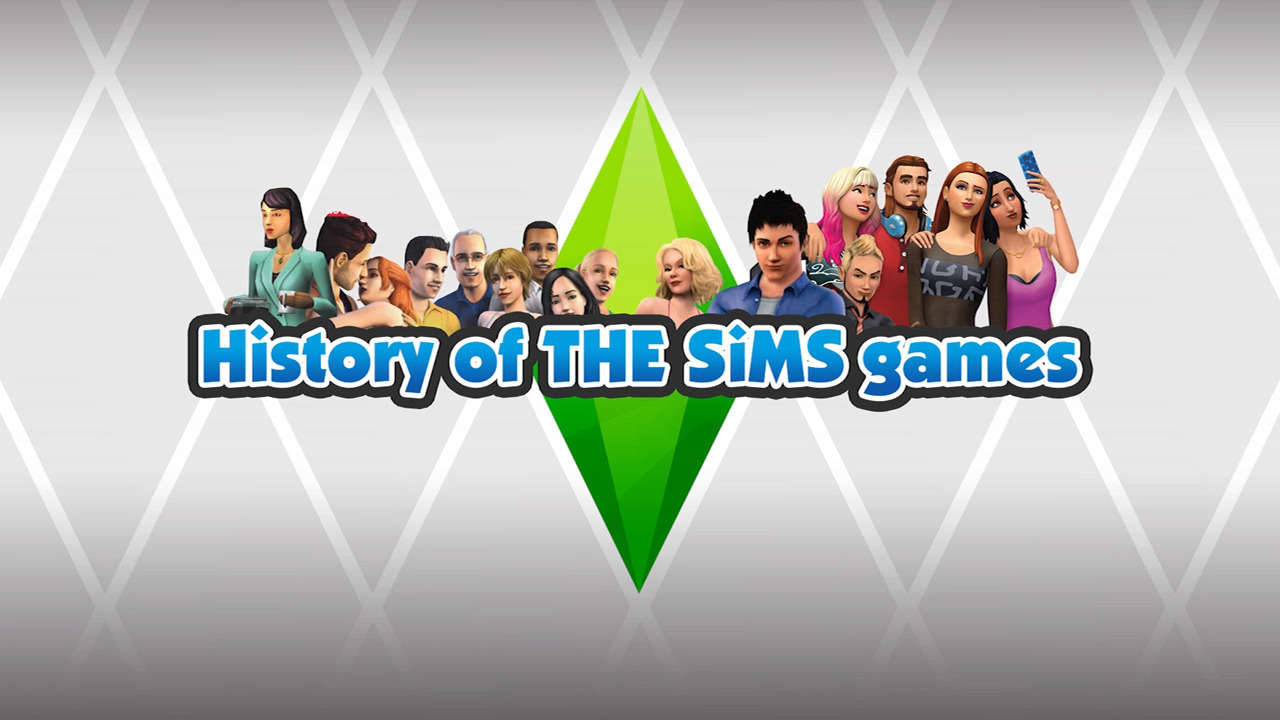
The Sims, released in 2000, was a revolutionary life simulation game that allowed players to control virtual people in a suburban setting. It introduced a new kind of gameplay that was both mundane and compelling.
Half-Life - The Narrative Shooter

Half-Life, released in 1998, was a first-person shooter that seamlessly blended action and storytelling. Its immersive narrative and innovative gameplay mechanics set a new standard for the genre.
Metal Gear Solid - Stealth Redefined
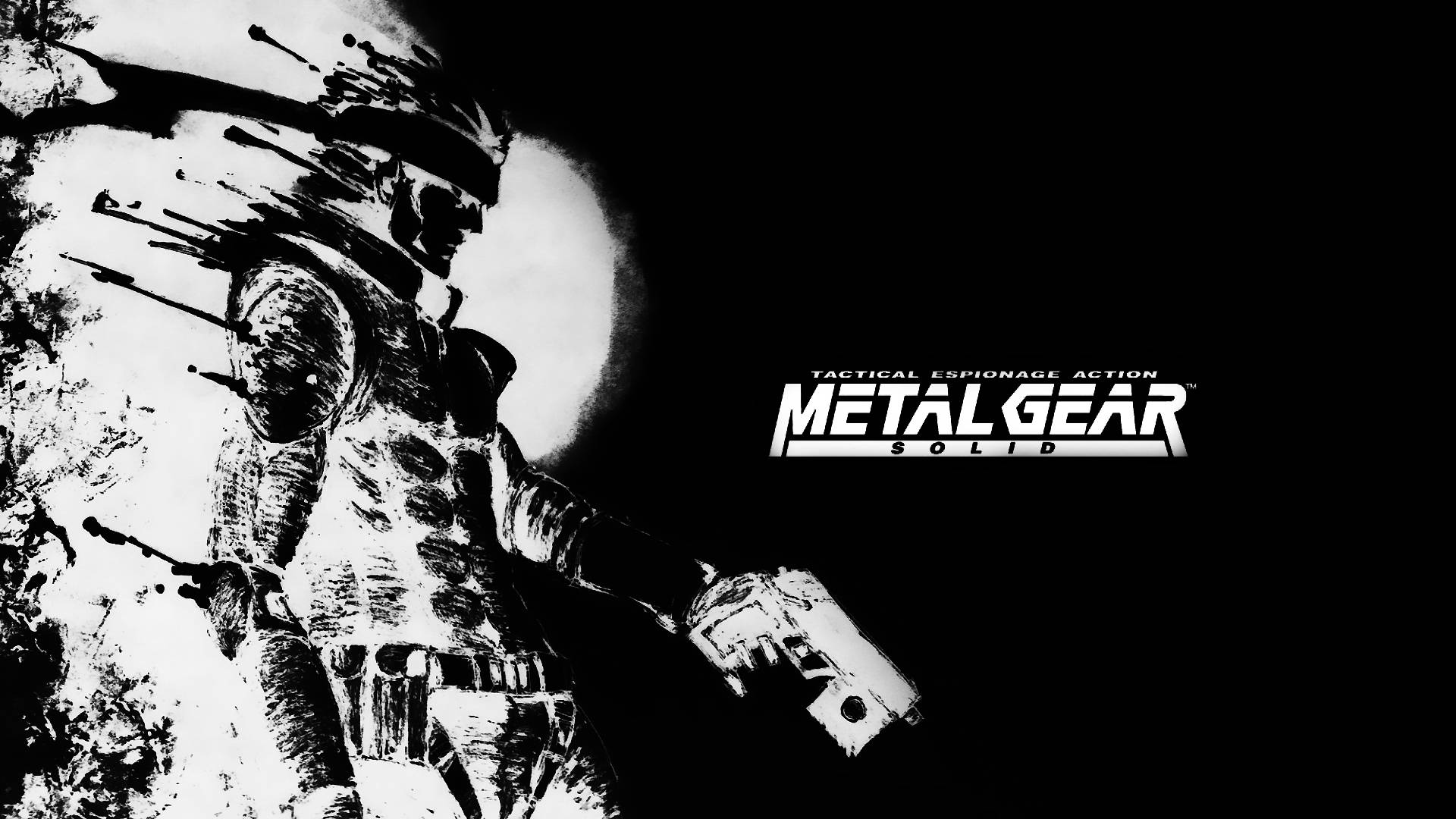
Metal Gear Solid, released in 1998, redefined the stealth genre with its intricate gameplay mechanics and cinematic storytelling. It introduced the world to Solid Snake, one of the most iconic characters in video game history.
Resident Evil - The Survival Horror Pioneer
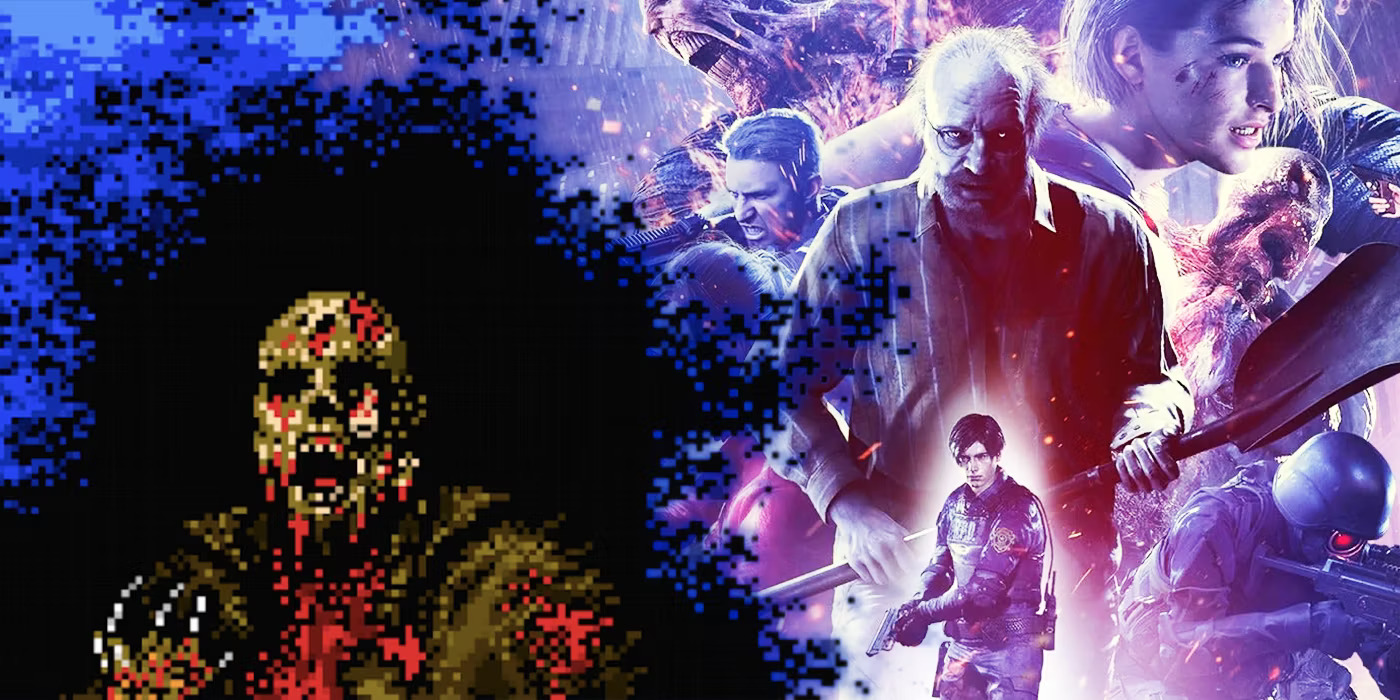
Resident Evil, released in 1996, was a pioneer in the survival horror genre. Its tense atmosphere, challenging gameplay, and memorable scares set the standard for future horror games.
The classic video games of the '80s and '90s were more than just entertainment; they were cultural touchstones that shaped the landscape of digital entertainment. From the simple joys of Pong to the epic narratives of Final Fantasy VII, these games left an indelible mark on the industry and continue to influence modern games. As we look back on these classics, we can appreciate the creativity, innovation, and passion that went into their creation. They remind us of the power of video games to captivate, inspire, and bring people together.


